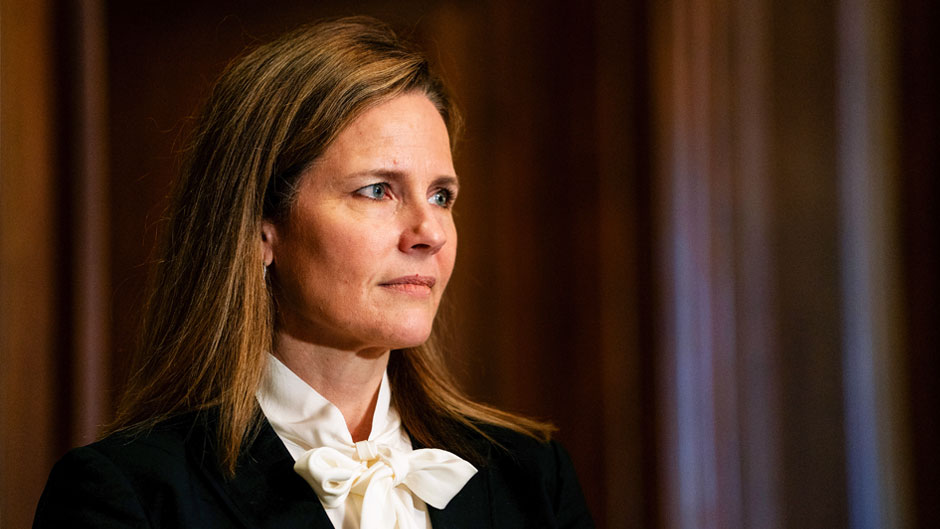The third branch of federal government is the least democratic and political by constitutional design. Nevertheless, the judicial appointments process for U.S. Supreme Court justices has become one of the most partisan of Washington spectacles—as with President Donald Trump’s nomination of Judge Amy Coney Barrett.
Sometimes, the party affiliation of the nominating president as well as the nominee’s pre-appointment record serve as good predictors of how a nominee ultimately will decide cases once on the high court. Such was the case with Justice Ruth Bader Ginsburg, who was nominated by President Bill Clinton, and Justice Antonin Scalia, who was a Reagan nominee. But this consistency is not always a sure bet.
There are many examples of Supreme Court justices who ended up voting and authoring opinions at odds with the political preferences of the presidents who nominated them. The most striking of the renegade appointees was Chief Justice Earl Warren, who led the court during one of its most progressive periods. It was Warren who authored the majority opinions in such landmark cases as Brown v. Board of Education, Loving v. Virginia, and Miranda v. Arizona. Warren, the liberal lion, was nominated by Republican President Dwight D. Eisenhower.
Similarly, Justice David Souter, nominated by President George H. W. Bush, is oft cited for having “gone rogue,” ultimately moving into the court’s liberal bloc. Justice Anthony Kennedy, who was nominated by President Ronald Reagan, was the author of no fewer than four landmark LGBTQ rights cases—Romer, Lawrence, Windsor, and Obergefell. Justice John Paul Stevens, nominated by Republican President Gerald Ford, also became regarded as reliably liberal in his decisions as his Supreme Court career unfolded. Going in the opposite direction, Justice Byron White, who was nominated by President John F. Kennedy, proved to be a disappointment to many liberals of the time, writing a dissent in Roe v. Wade and the majority in the notoriously anti-gay Bowers v. Hardwick.
Judicial independence is a good thing, of course. We want our judges to be above politics and to decide according to their best judgment of what the law requires. So, it is unsurprising that many on both the right and the left are questioning whether Barrett will be a reliably consistent conservative, like Scalia, or turn out to be more of a maverick, like a Souter or Stevens. If she is Scalia-like in her conservatism on the Supreme Court, then yes, we can expect the court to drift even more rightward in key areas, including choice, the Affordable Care Act, the Second Amendment, voting rights, capital punishment, immigration, LGBTQ rights, and many other hot-button issues.
As a sitting federal appellate judge with a trail of decisions, and as a former distinguished law professor with an extensive bibliography of scholarship, Barrett has an examinable record that some of the maverick justices lacked. Even a cursory review of her record suggests quite strongly that she indeed may be the reliably conservative Scalia acolyte that conservatives hope she turns out to be. That should come as no surprise. She did, after all, clerk for Justice Scalia, and regarded him as a mentor. In accepting Trump’s nomination, Barrett said: “[Justice Scalia’s] judicial philosophy is mine, too.” She is not much of an enigma. But as with all prior Supreme Court nominees, only time will tell for sure.
Anthony E. Varona is dean of the University of Miami School of Law and the M. Minnette Massey Professor of Law.

